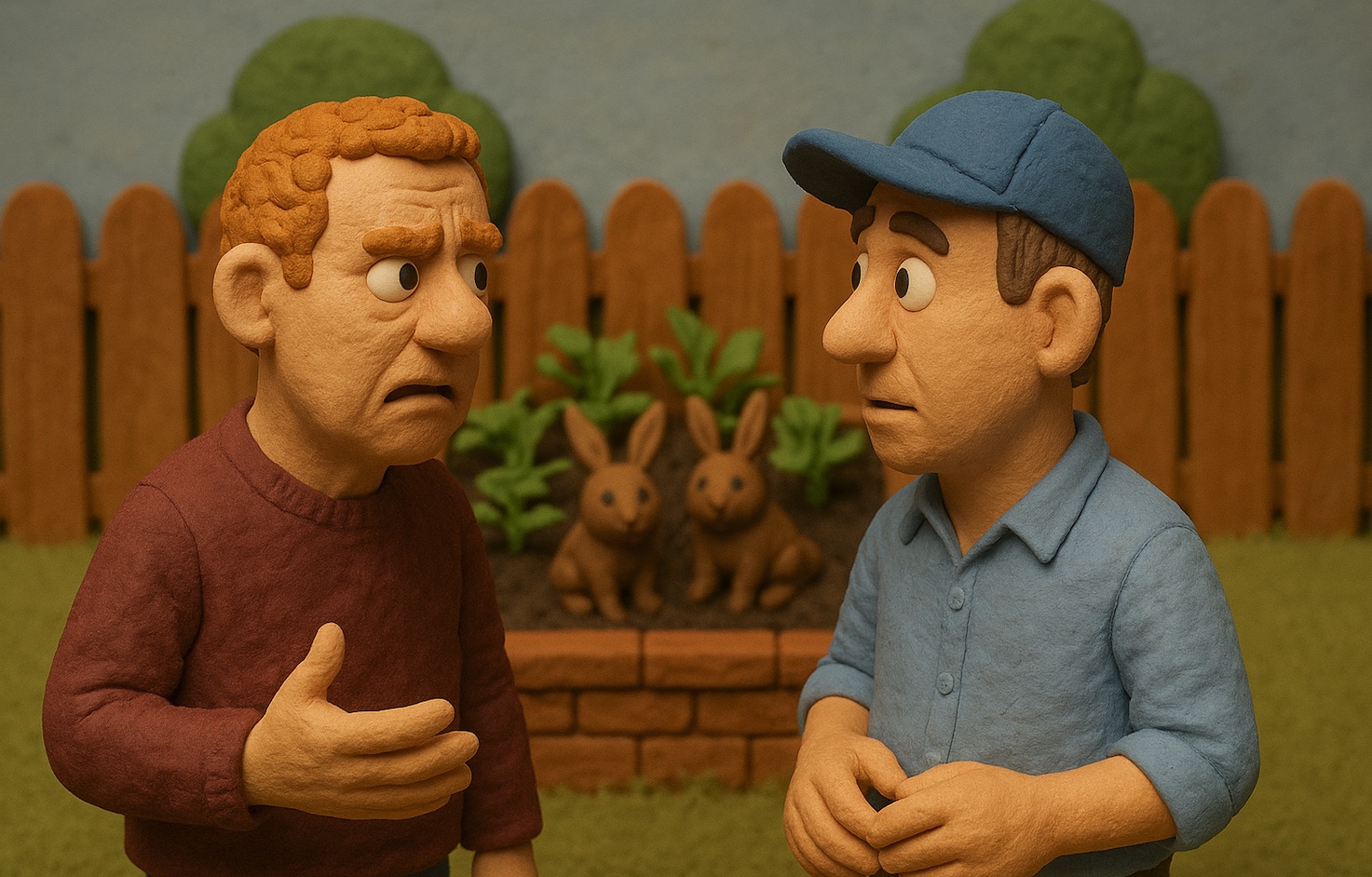Let's say your neighbor tells you they've been having a rough time with rabbits this year in their garden. They've been nibbling on everything!

Then the next day, your neighbor is all smiles. “Problem solved,” they say.
“Really? What’d you do?”
“Oh, I got a lion.”
“A lion?”
“Yeah. Rabbits are terrified. Haven’t seen one since.”

Naturally, you have some follow-up questions. Like… isn’t that dangerous? Aren't there other less-risky options?
But your neighbor has it all covered. There’s a lion-grade fence with a shiny "lion-grade" sticker. And the lion salespeople say lions are great for rabbit control. And the ads on Facebook say that everyone should consider lions -- because why not?
And sure, the rabbit issue is technically resolved. (Lions absolutely would deter the rabbits!) But now there’s a lion living next door.
Yesterday, your chances of being eaten by a lion were zero. Today, your chances of being eaten by a lion are... greater than zero. And no amount of fencing or expert reassurance changes that.
This is basically what's happening with some AI tools in therapy. Notes take too much time and energy, so someone brings in a lion -- a tool that records and transcribes entire sessions.
Does it solve the problem? Probably!
But it also introduces a risk that didn't exist before. A risk to client privacy, to the safety of the therapeutic relationship, and to the idea that what's said in session stays in session.
Without recording the session, the risk of that session recording being accidentally leaked is zero (obviously). If you then choose to record the session, that risk is now greater than zero, no matter what the salespeople (and advertising) say. The risk didn't exist before, and now it does.
There are other ways to handle the note-taking problem -- tools that don't require you to invite a lion into the room. Quill is one of them.
So if you’re looking to keep the rabbits out of your garden… just know the lion isn't your only option.
